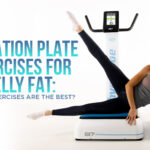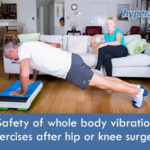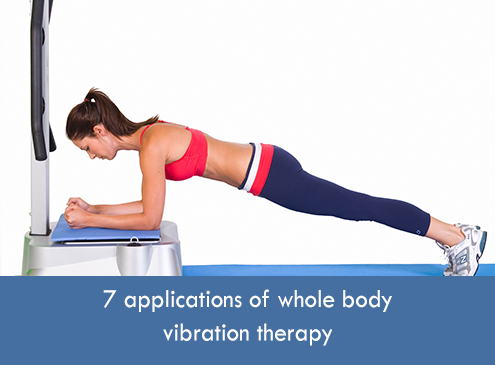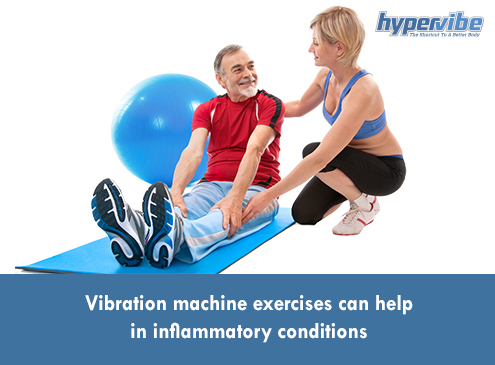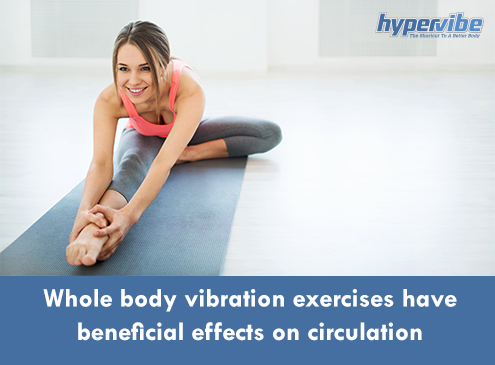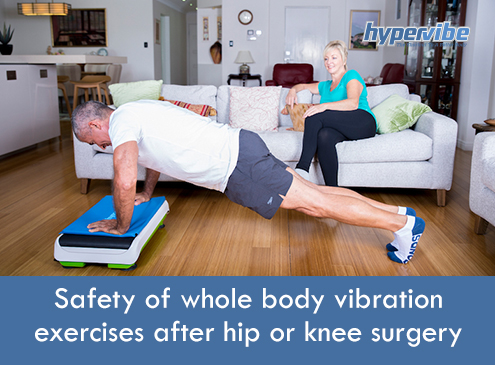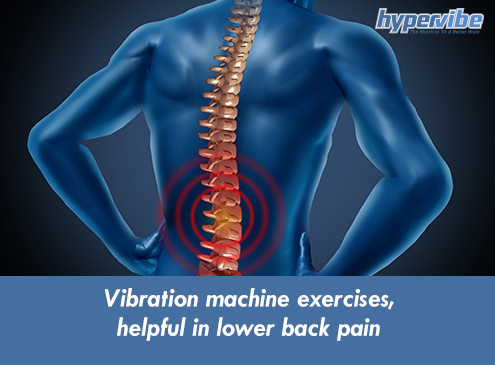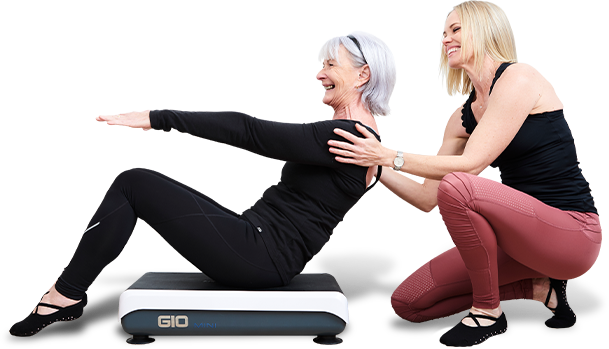Whole Body Vibration Exercises and COPD
In people with COPD (chronic obstructive pulmonary disease), the obstruction of the airways and the impaired lung function may interfere with their exercise capacity, increasing the risk of a sedentary lifestyle and weight gain and decreasing the quality of life.
COPD is a progressive disease, which may lead to muscle atrophy in the long run, especially in those patients who abandon exercise once they’re diagnosed. Statistics show that the function and structure of skeletal muscles are altered in COPD sufferers, this ailment being associated with weaker muscles, decreased fiber quality and capillary density, decreased endurance and metabolic capacity.
The typical manifestations of COPD include chronic cough and wheezing, recurrent respiratory infections, shortness of breath during daily activities, fatigue and producing a lot of phlegm. Although in lots of patients the symptoms only start manifesting in the later stages of the ailment, some of these are also experienced in the early stages.
An early diagnosis of COPD can prevent complications and increase the effectiveness of the treatment, so even if you don’t experience all the mentioned symptoms, if you do notice some of them, contact your doctor as soon as possible.
Vibration training in patients with chronic obstructive pulmonary disease
Although one may find it difficult to exercise with COPD, staying physically active can benefit people affected by this respiratory disease by improving the use of oxygen by the body, improving breathing and circulation, strengthening the heart and respiratory muscles and lowering blood pressure.
At the same time, regular exercise can help COPD patients sleep better, can increase bone density and reduce the risk of falls and fractures, can help them relax and maintain a healthy weight. To date, endurance training and strength exercises are recommended to COPD patients for pulmonary rehabilitation, these being the conventional evidence-based exercise solutions.
However, more and more studies suggest that whole body vibration may provide similar benefits, this new approach being proven to ameliorate pulmonary function and to improve quality of life in COPD patients, with no changes in muscular force.
Researchers at the Universidade Federal de Pernambuco, Brazil, have investigated the effects of 12 weeks of vibration training on the functional capacity and quality of life in patients with COPD. Participants were divided into two groups, one performing vibration exercises three times a week, while the control group didn’t undergo any intervention.
Results showed that whole body vibration may be a safe and feasible alternative to conventional pulmonary rehabilitation exercises, this new approach improving the functional capacity and the quality of life in the participants.
Similar results were obtained by scientists at the Department of Respiratory Medicine and Pulmonary Rehabilitation, Schoen Klinik Berchtesgadener Land, Germany. Their systematic review, published in the journal of Chronic Respiratory Disease, has analyzed 91 studies on the effects of whole body vibration in COPD sufferers, showing that all the investigated randomized trials were reporting significantly superior benefits in the WBV groups compared to the control or conventional exercise groups.
Moreover, studies have shown that vibration training doesn’t cause adverse effects in COPD patients and compared to physiotherapy alone, the combination of WBV and pulmonary rehabilitation exercises leads to greater improvements in the pulmonary and exercise capacity of these people.
Given that the use of whole body vibration in patients with chronic obstructive pulmonary disease is still new, there isn’t yet a standard protocol for this form of therapy, so it’s recommended for patients to ask their physician’s advice before engaging in a long-term WBV exercise program for pulmonary rehabilitation.
Have something to add to this article? Comment below or join our Facebook community and share your thoughts with us!


